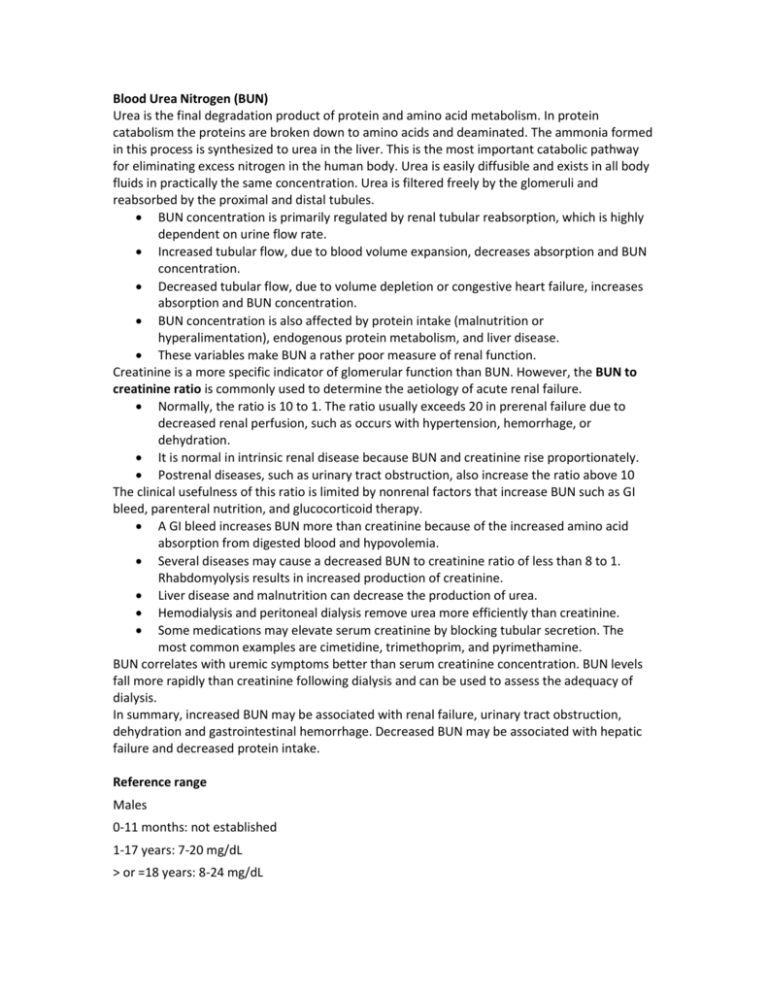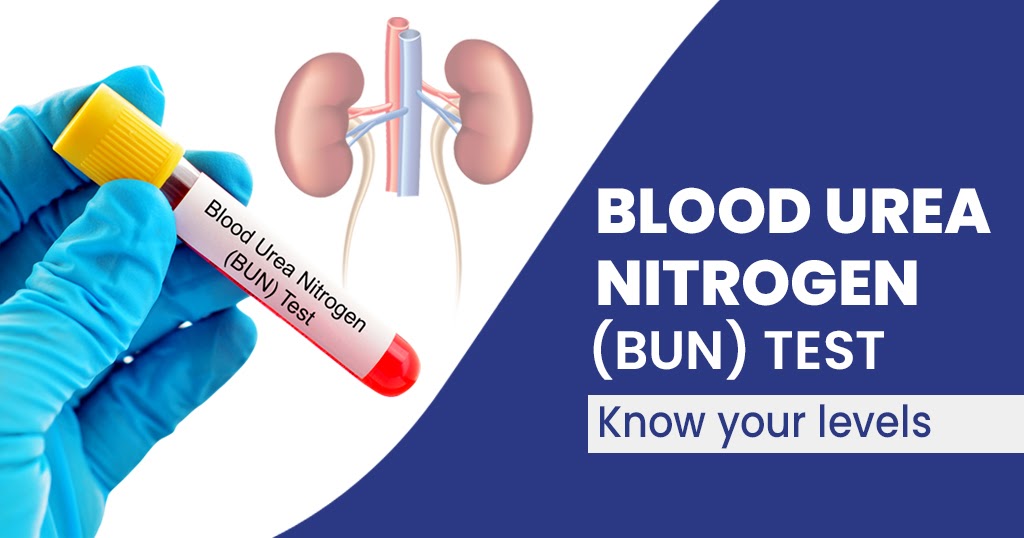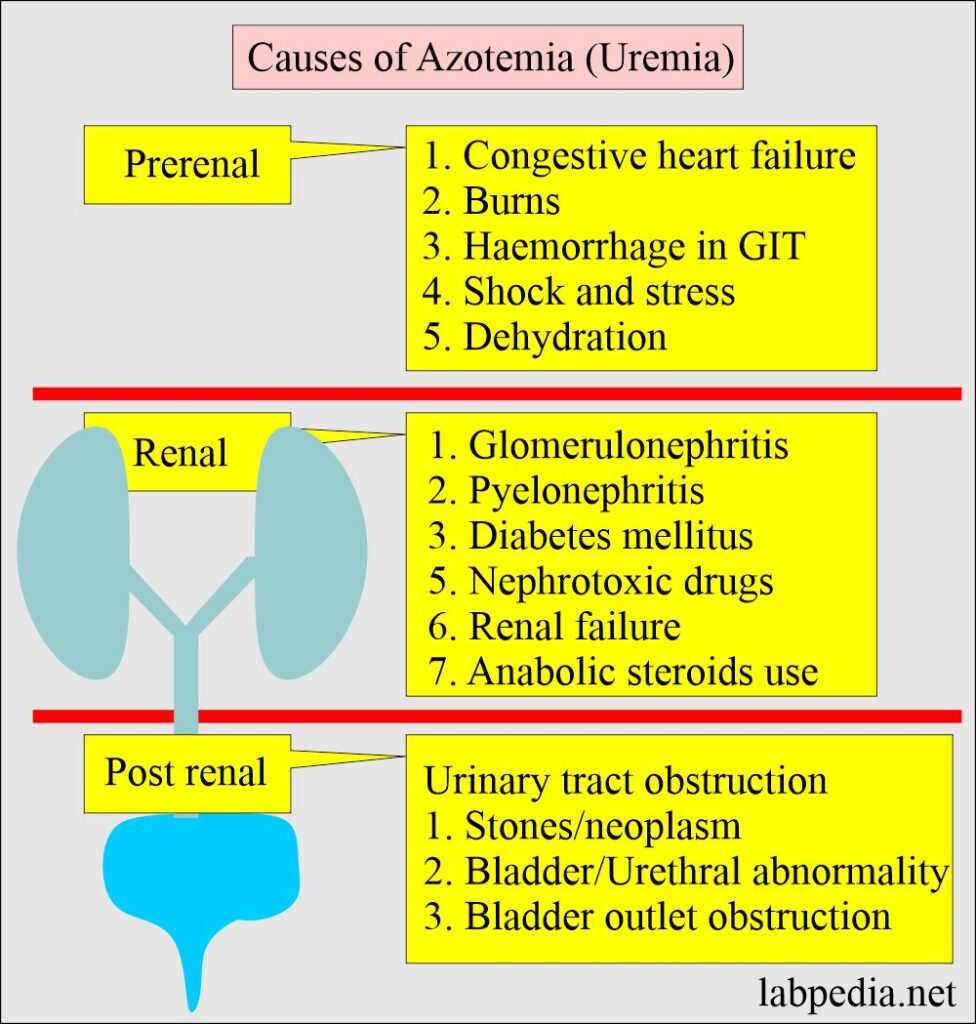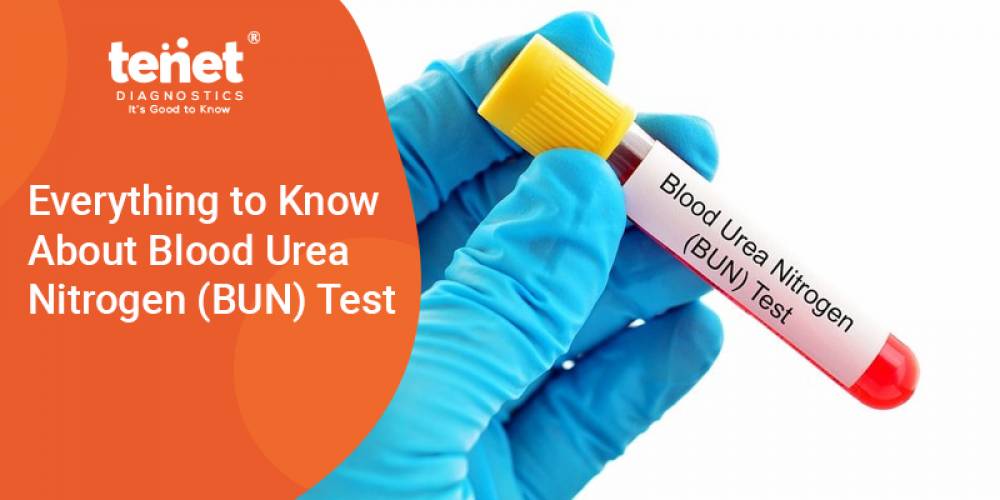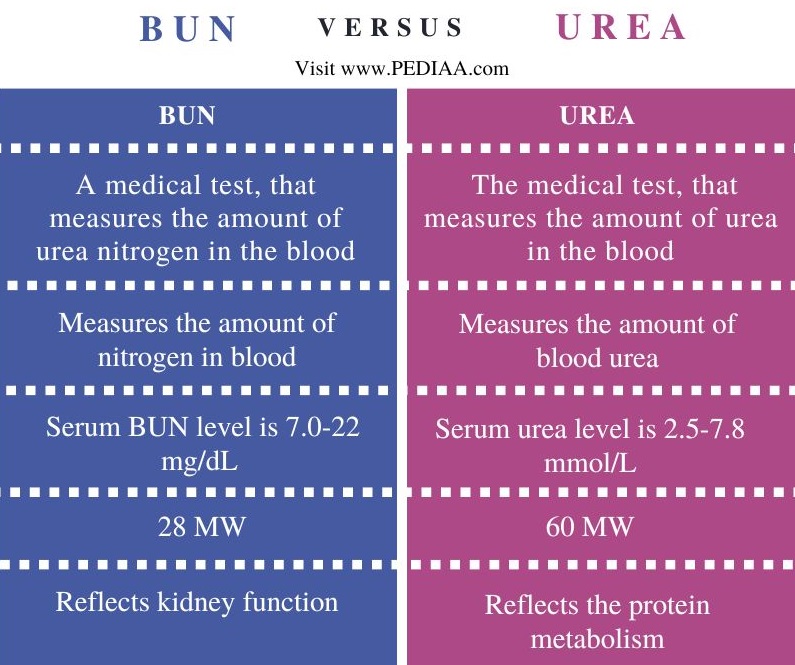Top Notch Tips About How To Decrease Blood Urea Nitrogen

Conventional doctors will look at high or low bun numbers and not mention anything, but these can indicate that certain processes in the body aren’t optimal.
How to decrease blood urea nitrogen. The urine urea nitrogen test determines how much urea is in the urine to assess the amount of protein breakdown. Biological family history of kidney disease. Test values beyond 20 mg/dl in a bun test are considered abnormal and can be due to various factors.
A bun test measures the amount of urea nitrogen that's in your blood. The range is wide because of normal variations due to protein intake, endogenous protein catabolism, state of hydration, hepatic urea synthesis, and renal urea excretion. 6 min read doctors order a blood urea nitrogen (bun) test to measure the amount of urea nitrogen in your blood.
A blood urea nitrogen (bun) test is used to determine how well your kidneys are working. A blood urea nitrogen (bun) test is used to determine the amount of urea nitrogen, or waste product, in your blood. A “normal” bun level varies, and usually increases as you get older.
Or starvation, can decrease protein intake, thereby decreasing protein breakdown and, ultimately, urea production. Kidneys filter blood to remove urea. Bun reflects the level of nitrogen, a waste product of protein metabolism, in the bloodstream.
Blood urea nitrogen (bun) measures the amount of urea nitrogen in the blood. Urea is found dissolved in blood and is excreted by the renal tubules. High bun levels can be a sign that your kidneys aren't functioning properly, or they could indicate a serious illness,.
As kidney function worsens, the bun levels increase. Urea is a waste product in the liver when the body breaks down proteins. The test can help determine how well the kidneys are functioning and whether your.
What your bun levels mean bun levels represent the balance between [ 6 ]: Drinking more water will increase the frequency of urination, and as a result, more urea and creatinine will be eliminated from your body. Here's how your body typically forms and.
This results from either lower than normal levels of red blood cells or a decrease in the quantity or quality of hemoglobin,. Therefore, the bun level may reflect functioning of the liver and/or kidneys. The uimc states that some, but not all, liver diseases can be prevented.
In addition, a small amount of urea is also excreted in sweat. Dehydration reduces blood volume and increases blood solutes including urea, thus elevating bun level. Abnormal bun levels may indicate problems with liver or kidney functioning.
A common blood test, the blood urea nitrogen (bun) test reveals important information about how well your kidneys are working. Still, it may also occur due to acute kidney injury if. Always stay hydrated and drink plenty of water.




